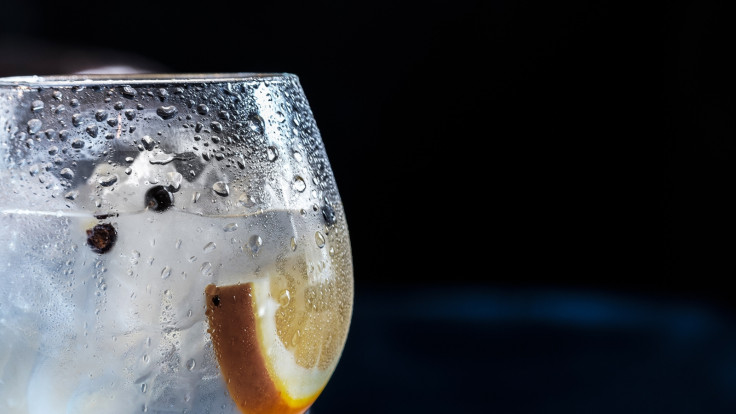Water fasting: Experts warn against dangerous diet fad
The extreme diet restricts followers to water, black tea and coffee for an indefinite period of time.

After weeks of Christmas indulgence, toning up and taking better care of our bodies will be a priority for many of us as we head into the new year.
"Water fasting" has emerged as a trend online as an apparent quick fix, but experts have warned that the regime is dangerous.
While the idea of not eating to lose weight is hardly ground-breaking, #waterfast has been appearing on social media as document their apparent commitment to the "diet", and draws up 17,000 results on Instagram alone.
What is water fasting?
As the name suggests, water fasting is a method of weight loss which involves cutting out all food. Instead, followers restrict themselves to three drinks in a day for an indefinite period of time. Only water, black tea or coffee can be consumed.
New York-based real estate broke Elan Kels claims he followed the water fast for 28 days before giving up.
What do the experts say?
The consensus is that such fasts are dangerous if not completed to treat specific conditions with the supervision of a medical doctor. For the rest of us, it is little else than a grueling challenge that disturbs our metabolisms and leads to long-term weight gain and ill-health.
Clinical social worker Joanne Labiner told the New York Post that such a diet is a form of disordered eating.
Jo Travers, the author of The Low-Fad Diet, meanwhile warned in an interview with The Independent water fasting cuts out vitamins, minerals or protein "which means the body has to break down muscle in order to recycle the amino acids into hormones and enzymes to stay alive."
"You are basically starving yourself and that comes with huge health risks," she added.
She also highlighted the dangers of such a regime being labelled as a "cleanse" or "detox", calling these "meaningless terms" and slamming is as neither healthy nor balanced.
Dr Jason Fung, kidney specialist and author of The Complete Guide to Fasting, told Mail Online that a short term water fast could be beneficial for those who are obese or have Type 2 diabetes - but only when prescribed by a doctor.
"If you're relatively slender, it's more dangerous [than if you are obese]," he said. "The longer you [fast] the more risks you take," he added.
Starvation diets are particularly dangerous for those with blood glucose regulation issues such as Type 2 diabetes, insulin resistance, hypogylcaemia and impaired glucose tolerance, warned nutritionist Susie Burrell in an article for news.com.au.
As the body's source of fuel is cut, the metabolic rate slows and stress is placed on the body's cells and organs as they struggle to function without fuel. More generally, long-term slowing of the body's metabolic rate will cause a person's weight loss to plateau. And any body mass lost will be quickly regained when the person starts to eat normally again.
What is the best way to lose weight?
"Instead of setting yourself restrictive goals like 'cut out' chocolate or 'avoid carbohydrates' or 'limit portion sizes', try and phrase it to yourself in positive light 'enjoy chocolate in sensible amounts' or 'choose portions that match my needs' - as soon as you change your language, you are feeling less restricted and more in control," dietician Aisling-Pigott recently told IBTimes UK.
She added: "Set yourself small, realistic goals of one to two pounds a week. We are often so keen for that magic, quick solution, we forget that maintainable weight loss doesn't happen overnight."






